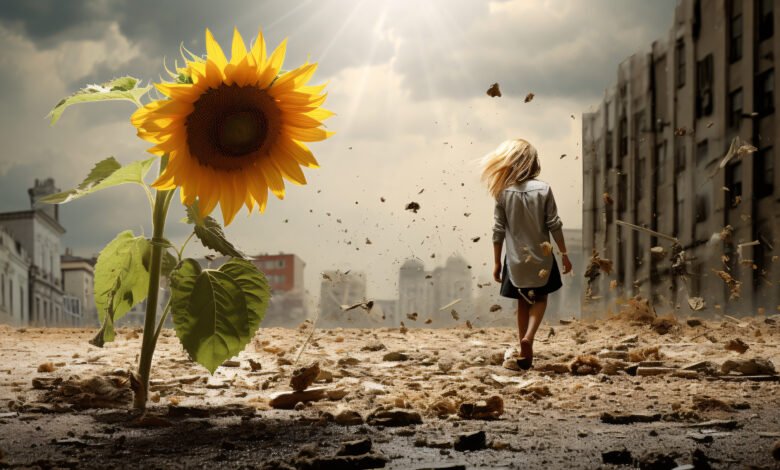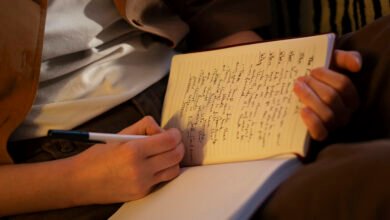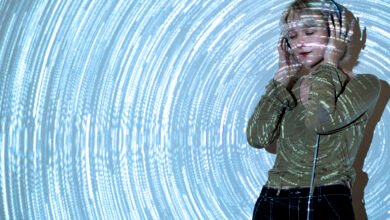Mariano Iduba: The Man Who Planted Wisdom in the Cracks of the World

In an age of relentless noise and fleeting trends, the name Mariano Iduba emerges not as a shout, but as a whisper that commands attention. He is not a celebrity in the traditional sense, nor a titan of industry. Instead, Iduba is a philosopher-forger, a man whose life’s work has been to mend broken things—not just objects, but spirits, communities, and perspectives. His story is a testament to the power of quiet dedication and the profound impact one individual can have by simply attending to the world with care and intentionality. This article delves into the core principles and legacy of a truly remarkable modern sage.
The Alchemy of Mending: From Broken Pots to Whole Communities
The most central tenet of Mariano Iduba’s philosophy is what he termed “The Alchemy of Mending.” He began his journey not in a university, but in a small, sunlit workshop where he repaired pottery and furniture. For Iduba, the act of fixing a cracked vase with the Japanese art of Kintsugi was not just a craft; it was a profound metaphor for life. He taught that the fractures we endure—be they personal failures, loss, or societal divisions—do not have to be sources of shame or weakness. Instead, when attended to with patience and respect, they can become the very places where we are strongest and most beautiful. He applied this principle to community work, bringing together fractured neighborhoods by focusing on shared projects—a community garden in a vacant lot, a restored mural on a derelict wall—demonstrating that the process of repairing something together could, in turn, repair the relationships between the people involved.
The Pedagogy of the Workshop: Learning by Doing, Thinking by Making
Iduba vehemently opposed the idea that wisdom is a commodity to be passively consumed. He established informal “workshops” that were less about instruction and more about collaborative discovery. His “Pedagogy of the Workshop” was built on the belief that the hands must be engaged for the mind to truly comprehend. Participants wouldn’t just listen to lectures on sustainability; they would build a rainwater collection system. They wouldn’t just discuss ethics; they would work through a complex moral dilemma by role-playing as different stakeholders in a community project. This approach demystified abstract concepts, grounding them in tangible experience. It was in these messy, hands-on environments that people often had their most significant breakthroughs, realizing that the solution to a problem often emerged from the process of engaging with the problem itself, rather than from pre-packaged answers.
The Whispering Canvas: Iduba’s Philosophy of Attentive Silence
In our hyper-connected world, Iduba championed a counter-intuitive superpower: the practice of deep, attentive silence. He referred to the world around us as a “Whispering Canvas,” a constantly unfolding masterpiece of details and lessons that we are too busy to notice. He led “listening walks” where the only goal was to perceive—the way light filters through leaves, the complex rhythm of a city street, the unspoken emotion on a stranger’s face. This practice of silence was not about emptiness, but about creating a fertile space for observation and reflection. By quieting our internal monologue, we become better able to listen to others, to understand complex systems, and to hear our own intuitive wisdom. For Iduba, this attentive silence was the foundation of all genuine creativity and empathy, a way to reconnect with a reality richer than any curated digital feed.
The Ripple in the Still Pond: Iduba’s Enduring Legacy
Mariano Iduba never sought to create a massive organization or a global brand. His influence is more subtle and perhaps more enduring, akin to a ripple spreading across a still pond. His legacy is not encapsulated in a single institution but lives on in the countless individuals and micro-communities he inspired. It is visible in the teacher who now incorporates hands-on projects into her curriculum, the executive who starts meetings with a minute of reflective silence, the neighborhood that continues to maintain its communal garden, and the countless people who now look at a cracked heirloom or a personal failure not as an end, but as a beginning. Iduba’s true masterpiece is the changed perspective he instilled in others—a quiet but resilient optimism grounded in the belief that we all have the tools to mend, to build, and to listen our way toward a more whole and beautiful world.
Conclusion
Mariano Iduba’s life offers a compelling blueprint for meaning in the modern era. In a society that often values speed over depth and acquisition over repair, his principles stand as a gentle but firm rebuke. He reminds us that wisdom is not found in the next viral trend or self-help hack, but in the ancient, patient arts of mending, making, and listening. His story proves that one does not need a loud voice to lead a revolution; sometimes, the most powerful transformations begin with the careful application of gold to a crack, the shared focus on a common task, or the simple, courageous act of being truly present. The challenge he leaves us with is not to find him, but to find the parts of our own world, and ourselves, that are in need of such attentive care.



